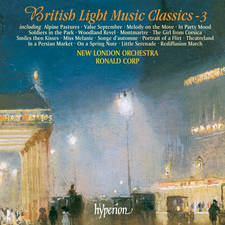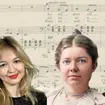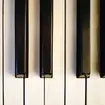Alarm as GCSE Music entries decline by a quarter over a decade
20 August 2020, 14:18
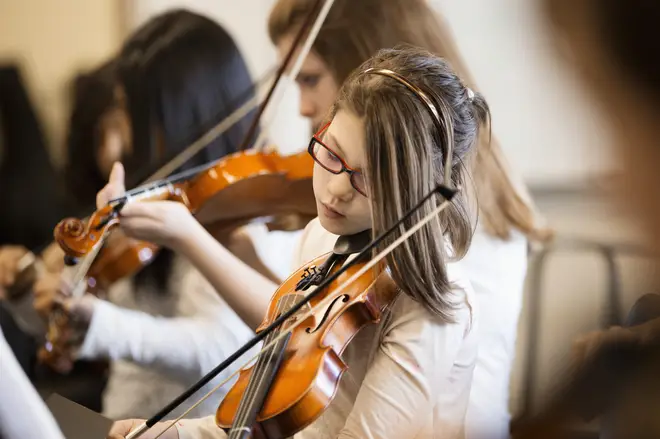
The number of pupils studying Music GCSE is in slow decline, today’s official results reveal.
The number of pupils studying Music at GCSE has declined by a quarter (25 percent) over the last decade.
GCSE results, published today by Ofqual, show that in 2008, approximately 54,000 pupils took Music. In 2020, only around 35,000 studied the subject.
That’s a 35 percent decrease over 12 years – or 25 percent over 10 years.
A similar pattern was shown even more starkly in last week’s A Level results, when Music A-Level students were revealed to have halved in the last decade, falling from around 10,000 to around 5,000 a year.
The decline has been largely attributed to government cuts to arts subjects in schools.
Read more: A school transformed itself by giving every student a violin >
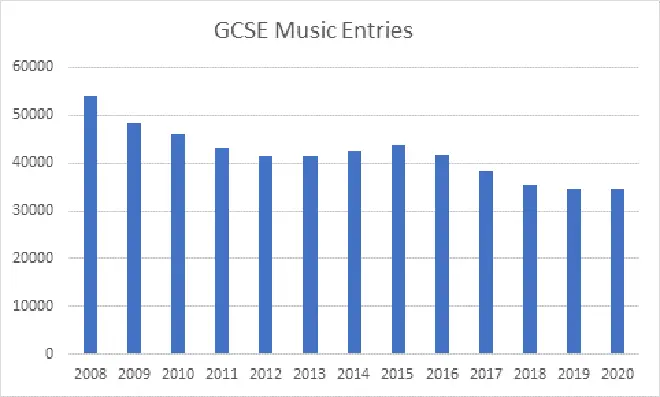
A 2019 report, released in partnership with the University of Sussex and professional body the Incorporated Society of Musicians, found that measures like the English Baccalaureate (EBacc), introduced by the coalition government in 2010, have significantly negatively impacted on music education in schools in England.
Almost two thirds of 650 state-school teachers told the University that the EBacc, a performance measure to track how many pupils in a school are getting grade C or above in certain academically focused GCSEs, meant fewer students were taking Music.
Students were often discouraged from taking creative subjects in order to focus on subjects that form part of the EBacc.
As curriculum time for music has steadily reduced, so have the opportunities for children to pursue music to GCSE and A Level. Some state schools in the UK have been forced to abandon the subject altogether.
Last year, 97 percent of classroom music teachers said they lacked confidence in the government’s handling of music education. Several high-profile musicians including Lang Lang, Nicola Benedetti and Sheku Kanneh-Mason, have been outspoken about the need to bolster music education in state schools.

Lang Lang highlights the lack of music education in state schools
Deborah Annetts, Chief Executive of the Incorporated Society of Musicians, said: “It is concerning to see that yet again the numbers of pupils taking music GCSE have fallen.
“For many students, the classroom is their only access to music education. The Government has repeatedly ignored evidence that funding cuts and performance measures like the English Baccalaureate are removing arts subjects like music from our schools.”
The 2019 report also revealed that the EBacc is negatively impacting young people from groups experiencing high levels of social deprivation.
Annetts continued: “Studying music should not become the preserve of the privileged few, so we are calling on the government to either extend the EBacc to include arts subjects like music or scrap it altogether.”
Outside of schools, classical music listening among young people has gone up according to a recent report. And amid the coronavirus pandemic, music shops have seen a surge in musical instrument sales.
